22 Ways to Improve Sleep Naturally Without Medication
Getting enough quality sleep is essential for our physical health, mental well-being, and daily performance. Yet many people struggle with falling asleep or staying asleep through the night. Before turning to sleeping pills, there are numerous natural approaches that can significantly improve your sleep quality. These strategies work with your body’s natural rhythms to help you get the rest you need.
1. Create a Relaxing Bedtime Ritual
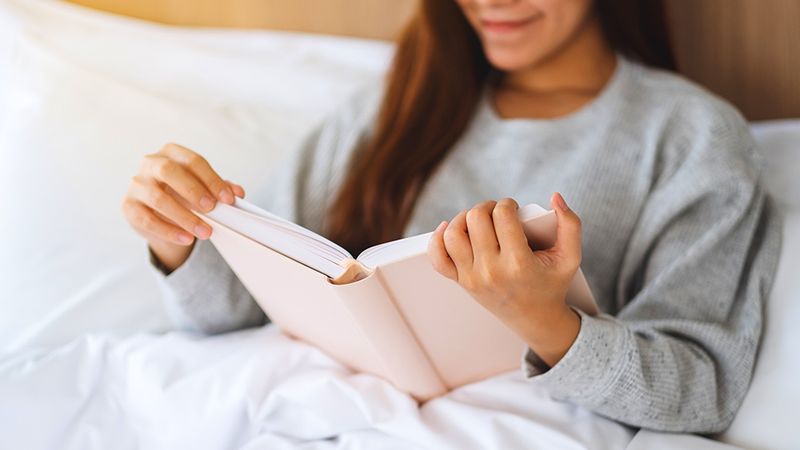
Signals matter to your brain. A calming pre-sleep routine tells your body it’s time to wind down. Activities like reading a physical book, taking a warm bath, or gentle stretching can create this transition from daytime alertness to nighttime rest.
The key is consistency and avoiding screens. Your routine doesn’t need to be elaborate—even 15-30 minutes of the same peaceful activities each night can make a difference. Over time, these activities become powerful sleep cues, triggering your brain to release melatonin and prepare for deep, restorative sleep.
2. Optimize Your Sleep Environment

Your bedroom should feel like a sleep sanctuary. Most sleep experts recommend keeping your room cool (between 60-67°F), completely dark, and reasonably quiet. Blackout curtains, eye masks, earplugs, or white noise machines can help create ideal conditions.
Comfort matters tremendously too. A supportive mattress and pillows that suit your sleep position can prevent discomfort that might wake you during the night. Remove clutter and work-related items from your bedroom to strengthen the mental association between your bedroom and sleep rather than wakefulness or stress.
3. Stick to a Consistent Sleep Schedule
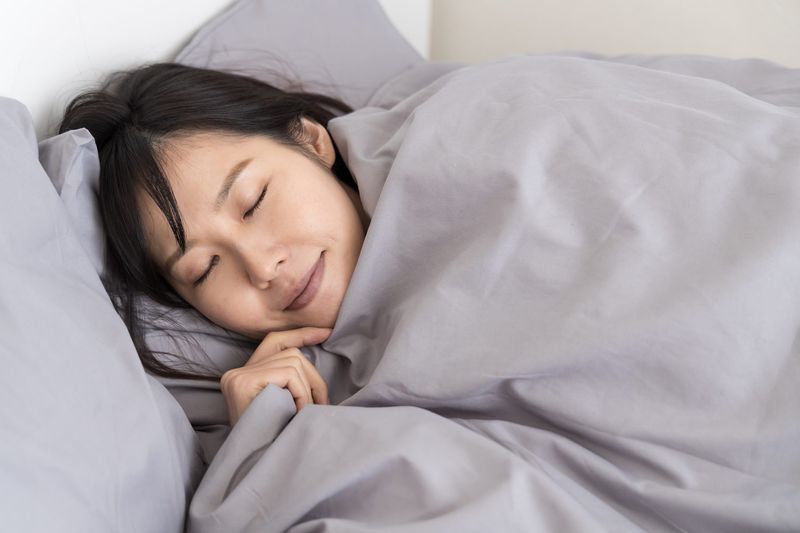
Your body thrives on routine. Going to bed and waking up at the same time every day—even on weekends—helps regulate your internal clock. This consistency reinforces your body’s sleep-wake cycle and can help you fall asleep more easily at night.
Many sleep experts consider this the foundation of good sleep hygiene. When your schedule varies wildly, your body never knows when to release sleep hormones, leaving you wide awake when you should be drifting off. After about two weeks of consistency, most people notice they naturally start feeling sleepy around bedtime and wake up feeling refreshed.
4. Limit Daytime Naps
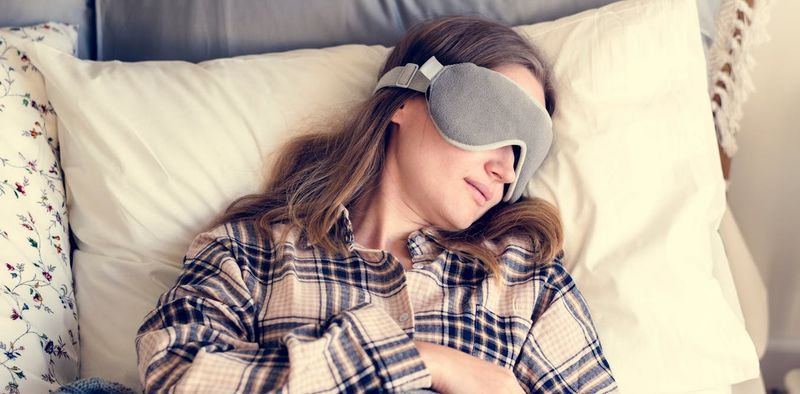
Short power naps can boost alertness, but long or irregular daytime sleeping can interfere with nighttime sleep. If you must nap, keep it to 20-30 minutes and before 3 PM. Long naps can throw off your internal clock and make it harder to fall asleep at night.
This is especially true for people already struggling with insomnia or poor sleep quality. For shift workers or those with unusual schedules, napping becomes more complex. Try to maintain some consistency in your sleep patterns even when your work hours change, and keep the bedroom environment optimal regardless of when you sleep.
5. Exercise Regularly (But Not Before Bed)

Regular physical activity promotes better sleep quality and duration. Even just 30 minutes of moderate aerobic exercise can make a difference in your sleep that very night. The timing matters though—exercising raises your core body temperature and stimulates your nervous system.
Morning and afternoon workouts generally help promote sleep, while evening exercise might energize you when you should be winding down. If evening is your only option, try to finish at least 1-2 hours before bedtime. Gentler forms of movement like yoga or stretching can actually be beneficial closer to bedtime, helping release physical tension without being too stimulating.
6. Watch What You Eat and Drink

Heavy meals right before bed can cause discomfort and indigestion that interfere with falling asleep. Try to eat dinner at least 2-3 hours before bedtime. If hunger strikes later, opt for light snacks like a banana, a small serving of yogurt, or a few nuts.
Caffeine can stay in your system for 6+ hours, so cut off coffee, tea, and chocolate by early afternoon. Alcohol might help you fall asleep initially but disrupts your sleep cycle later in the night. Staying hydrated throughout the day is important, but taper off liquids 1-2 hours before bed to reduce nighttime bathroom trips.
7. Manage Stress and Worry
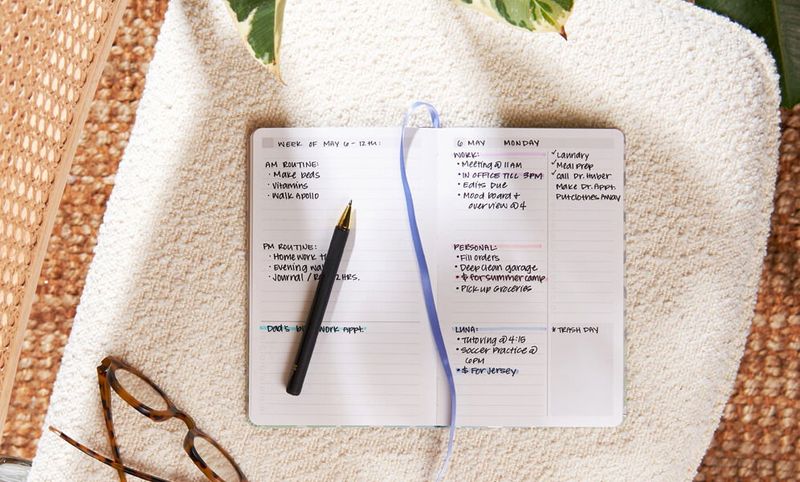
Racing thoughts at bedtime are sleep’s worst enemy. Setting aside “worry time” earlier in the evening can help clear your mind before sleep. Write down concerns and possible solutions, then mentally set them aside until tomorrow. Relaxation techniques like deep breathing, progressive muscle relaxation, or meditation can calm an active mind.
Apps with guided sleep meditations have helped many people transition to sleep more easily. For persistent worries, keeping a notepad by your bed lets you quickly jot down thoughts that pop up, giving your brain permission to let them go until morning.
8. Limit Screen Time Before Bed

The blue light emitted by phones, tablets, and computers suppresses melatonin production, the hormone that controls your sleep cycle. Try to disconnect from electronic devices at least 30-60 minutes before bedtime. Many devices now offer night mode settings that reduce blue light, but complete avoidance is more effective.
Replace scrolling with reading a physical book, listening to calm music, or having a quiet conversation. If you absolutely must use your device before bed, use blue light filtering apps or glasses designed to minimize the sleep-disrupting effects of screens.
9. Harness Natural Light Exposure

Morning sunlight helps set your body’s internal clock. Aim for at least 30 minutes of natural light exposure early in the day, ideally within an hour of waking up. This morning light helps regulate your circadian rhythm and improves nighttime sleep quality.
During winter or in areas with limited sunlight, consider light therapy boxes that simulate natural outdoor light. These can be especially helpful for people with seasonal sleep disturbances. As evening approaches, start dimming lights around your home to signal to your body that bedtime is coming. This mimics the natural light transitions our bodies evolved with.
10. Try Relaxation Techniques

Progressive muscle relaxation involves tensing and then releasing each muscle group, starting from your toes and working up to your head. This practice helps release physical tension you might not even realize you’re holding.
Guided imagery transports your mind to peaceful settings. Visualizing a calm beach or forest scene can shift your brain away from stressful thoughts that keep you awake. The 4-7-8 breathing technique (inhale for 4 counts, hold for 7, exhale for 8) activates your parasympathetic nervous system, countering the stress response that often interferes with sleep.
11. Limit Caffeine and Alcohol

Caffeine has a half-life of 5-6 hours, meaning half the caffeine from your 3 PM coffee is still in your system at 9 PM. For sensitive individuals, even morning caffeine can affect sleep. Try gradually reducing intake or switching to decaf after morning hours.
Alcohol might seem to help you fall asleep faster, but it prevents deeper, more restorative sleep stages. The “nightcap” approach actually fragments sleep, especially in the second half of the night when the sedative effects wear off. Both substances can trigger middle-of-the-night bathroom trips that further disrupt sleep continuity.
12. Use Aromatherapy

Certain scents can create a calming atmosphere that promotes sleep. Lavender has been studied extensively for its sleep-inducing properties, showing benefits for sleep quality and reducing anxiety. Essential oil diffusers, linen sprays, or a drop on your pillow can deliver these benefits. Other sleep-supporting scents include chamomile, bergamot, and sandalwood.
Different people respond to different aromas, so experiment to find what works best for you. For convenience, products like lavender-filled eye pillows combine gentle pressure and aromatherapy for a double relaxation effect.
13. Consider Sleep-Supporting Herbs

Herbal teas can form a soothing part of your bedtime routine. Chamomile tea contains apigenin, an antioxidant that binds to certain brain receptors that may promote sleepiness and reduce insomnia. Valerian root has been used for centuries as a sleep aid and may help you fall asleep faster and improve sleep quality.
Passionflower tea shows promise for addressing anxiety-related sleep problems. These herbs work more gently than medications and typically have fewer side effects, though they may take longer to show benefits. Always check with your doctor about potential interactions with medications.
14. Adjust Your Eating Schedule

Finishing your last meal 2-3 hours before bedtime gives your digestive system time to process food before sleep. Late-night eating, especially heavy or spicy foods, can cause indigestion and acid reflux that disrupt sleep. If nighttime hunger is an issue, small protein-carb combos like a banana with peanut butter or a small yogurt with honey provide steady energy without overloading your digestive system.
These snacks contain nutrients that may actually promote sleep. Some research suggests that well-timed carbohydrate consumption can increase the availability of tryptophan, a sleep-promoting amino acid, in the brain.
15. Try Mindfulness Meditation

Mindfulness practices teach you to observe thoughts without judgment, which can be powerful for breaking the cycle of sleep-preventing worry. Even just 10 minutes of meditation before bed can significantly improve sleep quality.
Body scan meditations are particularly effective for sleep, directing attention systematically through different body parts, releasing tension and promoting relaxation. Many free apps and online resources offer guided sleep meditations. Regular daytime meditation also builds skills that help you return to sleep more easily if you wake during the night, as you can recognize anxious thoughts without getting caught in them.
16. Keep a Sleep Journal
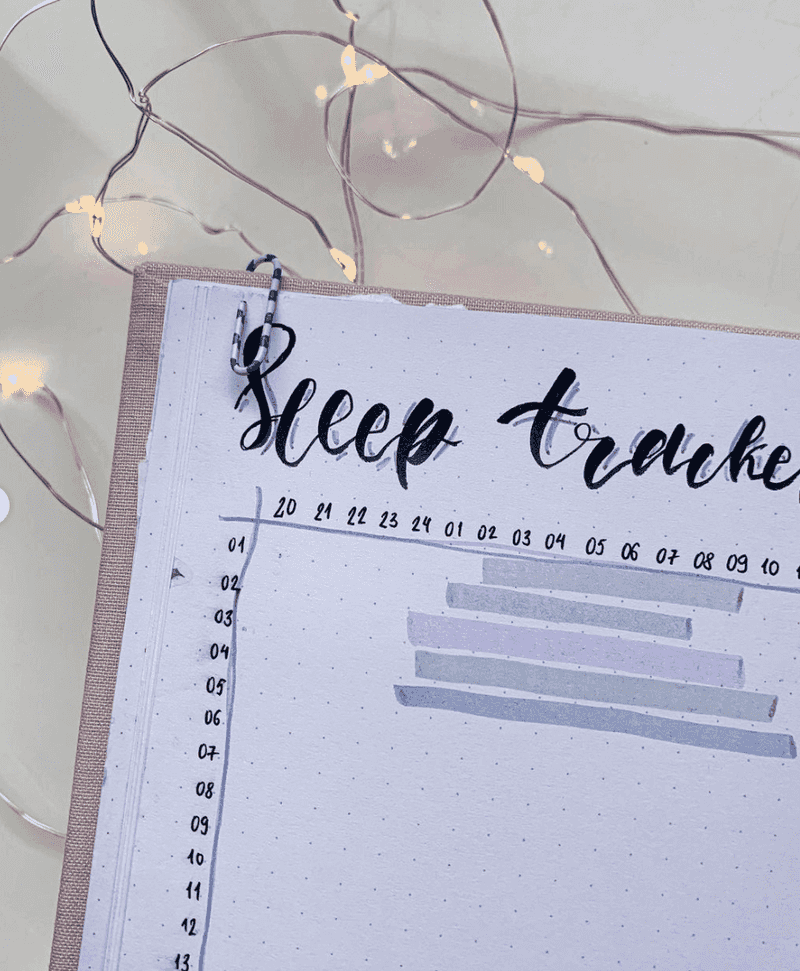
Tracking your sleep patterns can reveal surprising connections between daily habits and sleep quality. Note your bedtime, wake time, what you ate/drank, exercise, stress levels, and how well you slept each night. After a few weeks, patterns often emerge.
Maybe you sleep poorly after evening screen time or sleep better on days you exercise. These personal insights can be more valuable than generic sleep advice. Sleep journals also help healthcare providers if you eventually seek help for persistent sleep problems, giving them concrete data rather than vague impressions about your sleep patterns.
17. Optimize Your Bedroom Temperature

Room temperature strongly influences sleep quality. Most sleep experts recommend keeping your bedroom between 60-67°F (15-20°C), as your body temperature naturally drops during sleep. A room that’s too warm interferes with this process.
Breathable, natural fiber bedding helps regulate temperature throughout the night. Consider layers that can be easily added or removed if you tend to feel too hot or cold. For couples with different temperature preferences, dual-zone mattress pads or separate blankets can prevent thermostat wars while ensuring both get good sleep.
18. Avoid the Clock-Watching Habit
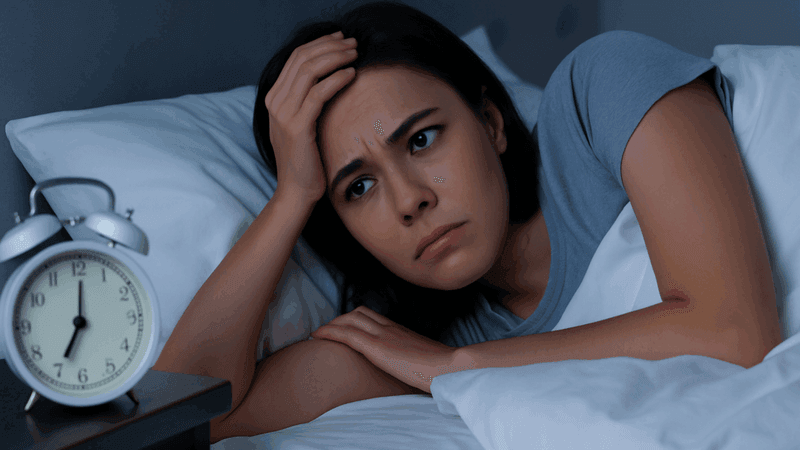
Checking the time repeatedly when you can’t sleep increases anxiety about not sleeping, creating a vicious cycle. Turn your clock away from view or place it across the room where you can’t easily see it from bed. If you wake during the night, resist the urge to calculate how many hours you have left before your alarm.
This mental math activates your brain and makes returning to sleep harder. For those who worry about oversleeping, a single alarm set across the room provides security without enabling the harmful habit of clock-watching throughout the night.
19. Take a Magnesium Supplement

Magnesium plays a key role in the body’s stress-response system and helps regulate neurotransmitters that calm the brain. Many people are deficient in this important mineral that supports hundreds of biochemical reactions in the body.
Forms like magnesium glycinate or magnesium citrate are generally well-absorbed and may help improve sleep quality. Some people report that magnesium helps with restless legs and muscle cramps that might otherwise disrupt sleep. Food sources rich in magnesium include dark leafy greens, nuts, seeds, and whole grains. Adding these to your dinner can support better sleep naturally.
20. Practice Yoga or Gentle Stretching

Gentle movement before bed releases physical tension that can interfere with sleep. Specific yoga poses like Child’s Pose, Legs-Up-The-Wall, and Supine Spinal Twist are particularly effective for promoting relaxation. Unlike vigorous exercise, bedtime yoga focuses on slow, deliberate movements coordinated with deep breathing.
This combination signals to your nervous system that it’s time to shift into rest mode. Even 10 minutes of gentle stretching can significantly improve sleep quality, especially for people who sit most of the day or experience back pain that might otherwise cause nighttime discomfort.
21. Embrace the Morning Sun

Morning sunlight exposure anchors your circadian rhythm for the entire day. Just 15-30 minutes of bright light within an hour of waking strengthens your body’s natural wake-sleep cycle. Taking breakfast outdoors or by a sunny window, walking the dog, or simply sitting outside with morning coffee are easy ways to get this exposure.
The light hitting your retinas suppresses melatonin production in the morning, making you feel alert during the day and appropriately sleepy at night. This practice is especially helpful when traveling across time zones or adjusting to seasonal time changes.
22. Ban Pets From the Bed
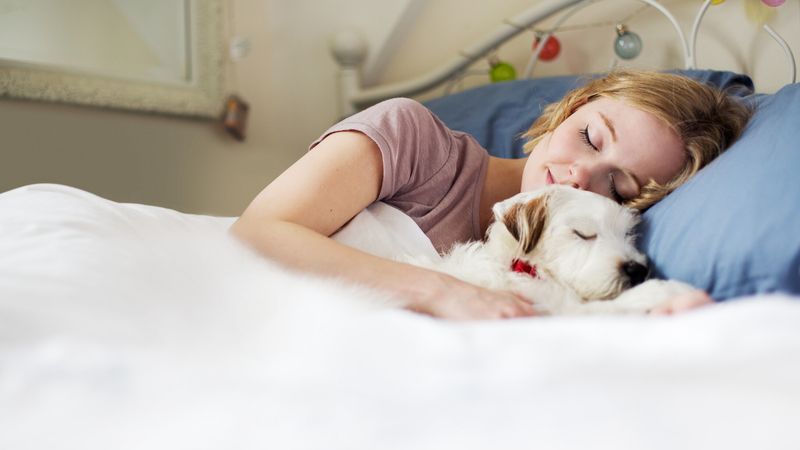
Furry friends make comforting sleep companions but often disturb sleep quality. Studies show pet owners frequently experience sleep disruptions from their animals’ movements, sounds, or taking up bed space without realizing the impact. Creating a comfortable pet bed near your own can maintain the sense of closeness while protecting your sleep.
Training pets to sleep in their own space might take time but usually succeeds with consistency. For those with allergies, keeping pets out of the bedroom entirely can reduce symptoms that might otherwise wake you during the night, like congestion or itching.

Comments
Loading…